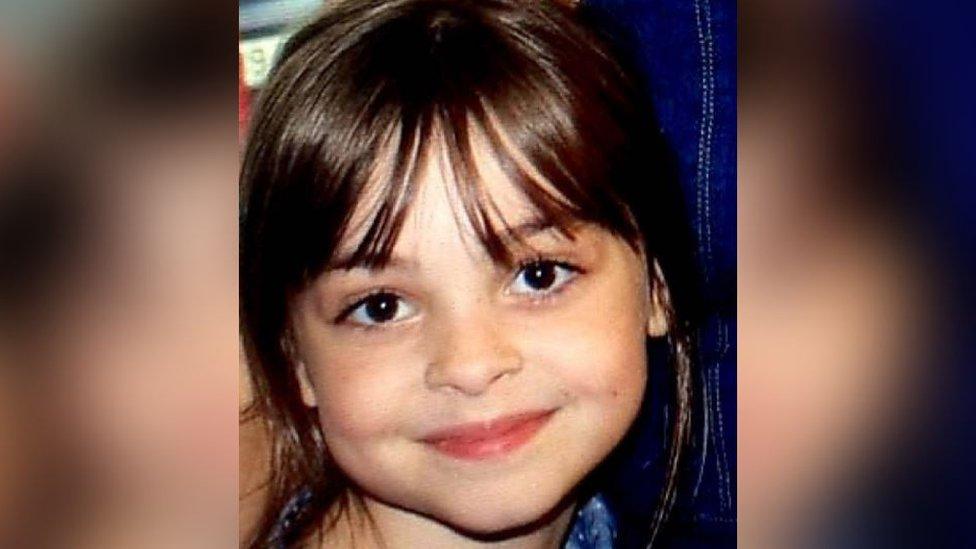Manchester Arena Inquiry: Greater Manchester Police admits mistakes
- Published

Twenty-two people died in the suicide bombing on 22 May 2017
Greater Manchester Police has admitted it made errors on the night of the Manchester Arena bombing and in its planning for a terrorist attack.
But it said "catastrophic failures" by an incident commander in the early stages of the police response were "not foreseeable", an inquiry heard.
The force duty officer (FDO) on shift when the bomb exploded failed to tell other emergency services a counter-terrorism operation had been declared.
The 2017 atrocity killed 22 people.
The public inquiry into the attack, which happened at the end of an Ariana Grande concert, heard former Ch Insp Dale Sexton did not set up a shared talk channel between emergency services.
He has previously told the inquiry he deliberately chose to break policy in order "to save lives".
There have also been claims the former chief inspector's failures were due to him being "overwhelmed" in the immediate aftermath of the blast, but that was rejected by Richard Horwell QC, representing GMP at the inquiry.
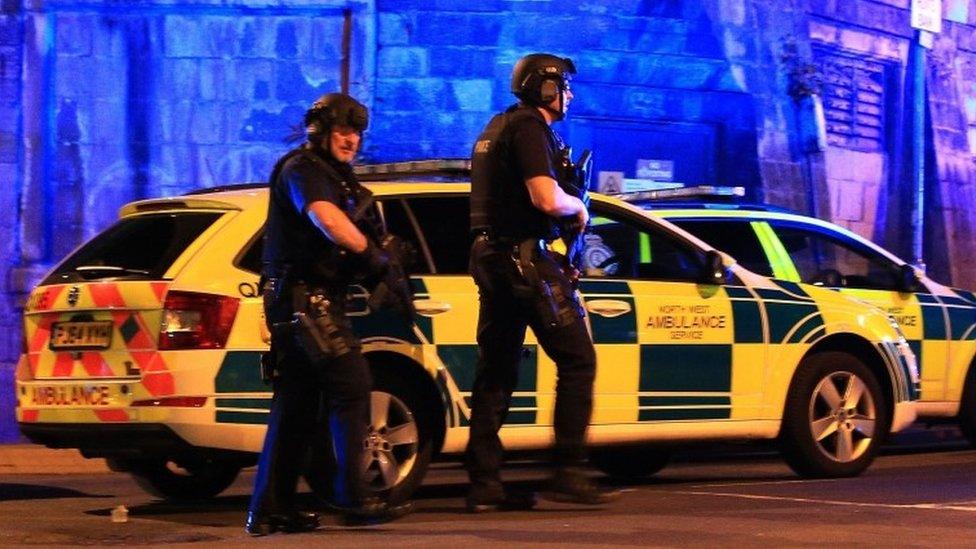
An inquiry into the bombing is hearing final legal arguments about how the emergency services reacted
He told the hearing the important tasks "could have been achieved by two short telephone calls".
"On any rational analysis, the failure to carry out the two basic opening tasks was nothing to do with being overwhelmed," he said.
Hugh Davies QC, representing Mr Sexton, told the hearing the former officer had recently been diagnosed with post-traumatic stress disorder.
In his submission he said it was clear to GMP before the bombing that the FDO would be in danger of being overwhelmed in the event of a terrorist attack and that during the emergency response Mr Sexton "was, at all times, seeking to protect the public and preserve lives".
Mr Horwell said GMP accepted it failed to put checks in place to ensure the officer "made the critical decisions which were required and actioned them".
The inquiry was told the force also acknowledged it failed to ensure the emergency services worked effectively together in their response.
Other accepted failures by the force included:
Counter-terrorism training focused too much on armed officers
No adequate systems were in place to review and update plans and policies
There was not enough clarity around which counter-terrorism plan was in place
No adequate systems were there to learn lessons from incidents and training exercises
The inquiry heard the courage of police officers and others responders at the bomb scene was "humbling".
Mr Horwell said: "Some thought they would not come out alive. They placed the interests of the casualties above those of themselves and that should not be forgotten."
GMP said "the preservation of life was the overwhelming imperative" and highlighted front-line officers along with British Transport Police and members of the public helped get people out of the arena and down to paramedics at the adjoining Victoria train station.
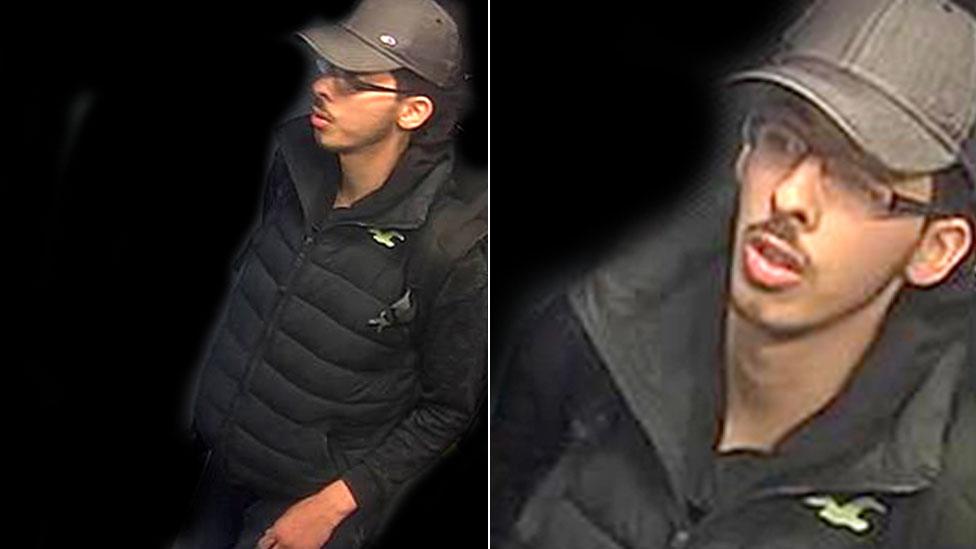
Salman Abedi detonated a homemade explosive in the arena's foyer area
The inquiry also heard a senior police officer in a key command role would still be "overwhelmed" in the event of another terror attack in Manchester.
In a report received by GMP in October experts said that would still be the outcome if an attack took place today.
Experts criticised the number of tasks expected to be fulfilled by the force duty officer.
They said: "It was clear that the risk of being distracted from the primary role of leading and commanding the firearms response to a marauding attack remained high."
Mr Horwell condemned the latest opinion of experts, instructed by the inquiry, as "irrational and unsupported by any form of analysis".
He said a range of improvements had been introduced since the attack including reducing the senior officer's responsibilities, while the phone line no longer receives calls from the press.
The inquiry continues.

Why not follow BBC North West on Facebook, external, Twitter, external and Instagram, external? You can also send story ideas to northwest.newsonline@bbc.co.uk
- Published15 December 2021

- Published14 December 2021
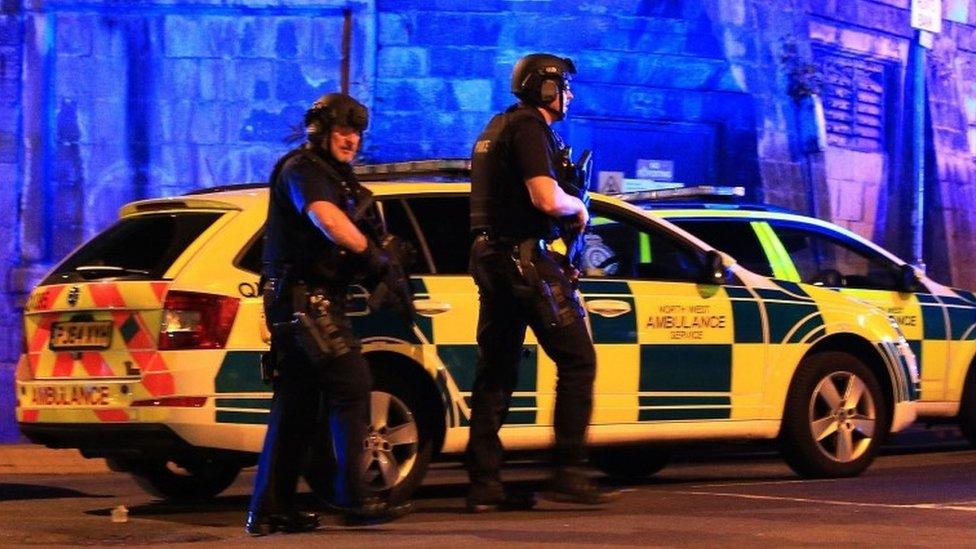
- Published13 December 2021

- Published9 December 2021
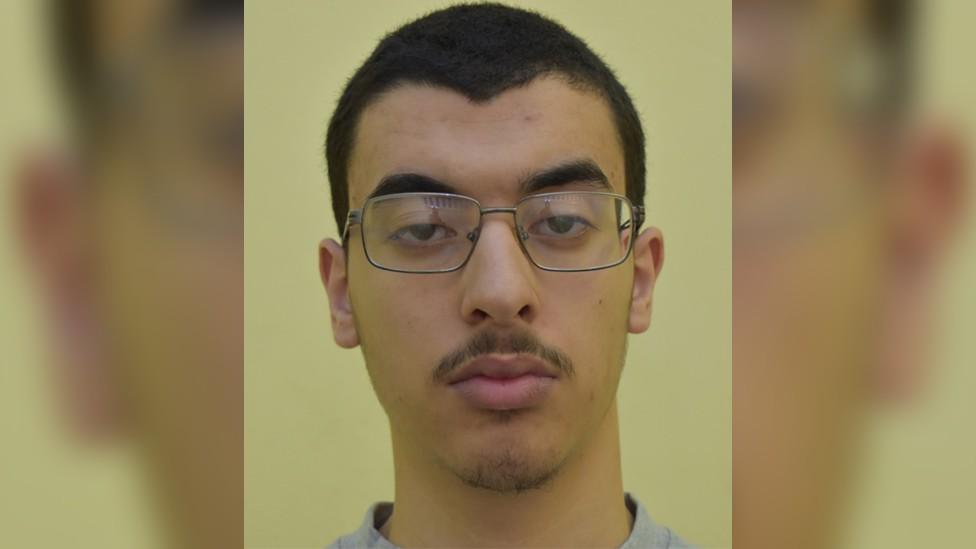
- Published8 December 2021
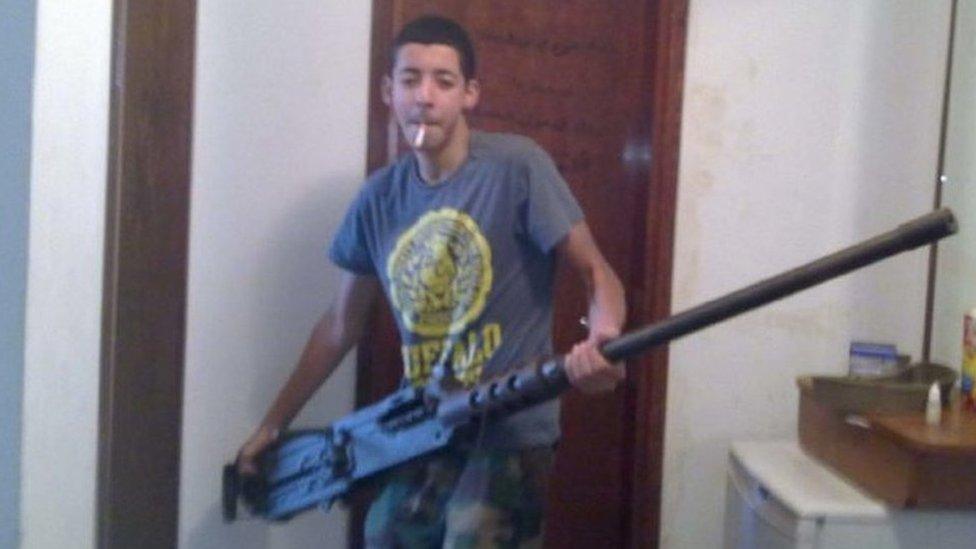
- Published7 December 2021

- Published6 December 2021

- Published3 December 2021
